BLOG: My experience of rapid testing
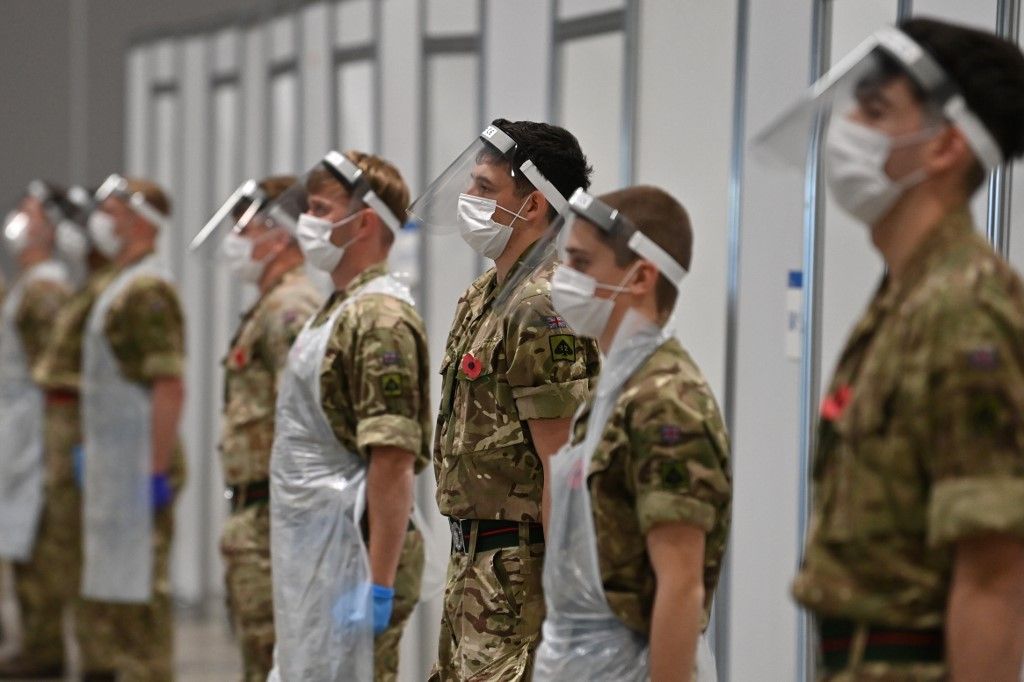
The corona-coaster of emotions from the events industry has peaked again in the last 10 days with the announcement of rapid testing and the potential of a vaccine in the first half of 2021 from pharmaceutical giants Pfizer and BioNTech.
It's safe to say that getting tested for an infectious disease inside one of my exhibition halls is not what I expected to be doing in 2020. But that's where I found myself last weekend, taking part in the first mass Covid-19 tests to take place in the UK.
In an ideal world, November would usually see thousands of delegates pass through our doors for Digital Manufacturing Week. Instead, this year, we welcomed the military, who will be situated at Exhibition Centre Liverpool to support in the planning, coordination and delivery of the testing.
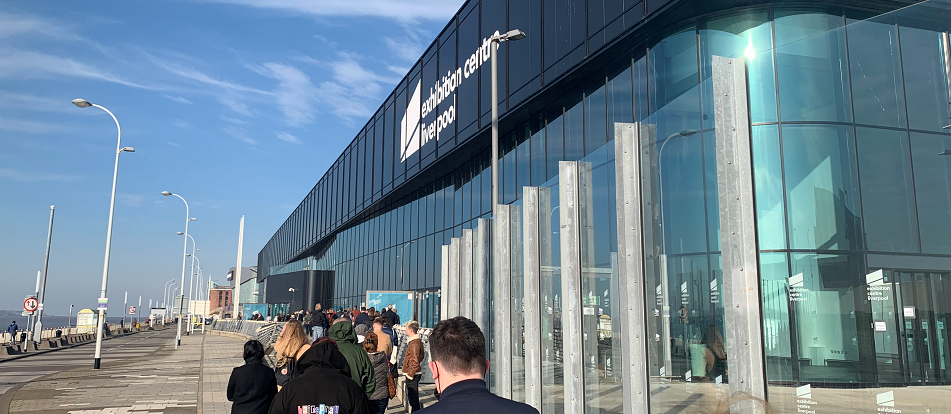
It is expected that the pilot will last initially for around 10 days, with a view to it being extended, and it's since been confirmed that the rest of the city region will also be taking part. Already over 44,000 Liverpudlians have come forward for tests since the programme started, and almost 40,000 home testing kits have also been issued.
This type of mass testing has never been tried before in the UK and it could be a game-changing moment for our city. We're only in the early stages, but these figures demonstrate that Liverpool is up for the challenge and we're prepared to do what we can to help tackle this virus together.
But there is a billion dollar question being asked by our industry; can rapid testing allow for the safe return of events?
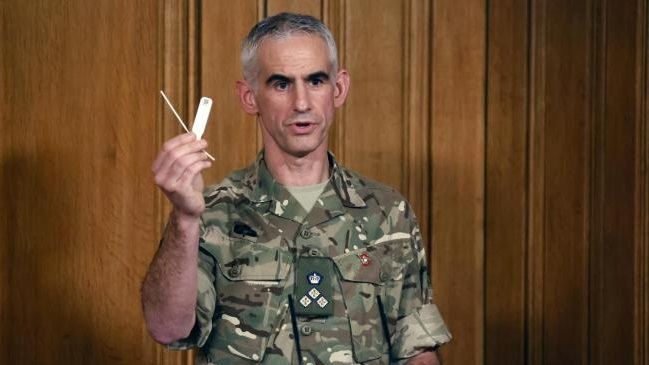
Living and working in Liverpool city centre, it was a no-brainer for me, and so here's my unbiased experience of obtaining a rapid test, and my on them being used to enable the public to attend events:
- BOOKING A RAPID TEST
The booking of a rapid test can currently be done through the NHS App or website. It takes roughly 10 minutes to go through the options, insert your details and choose a time slot. You receive a text and email notification, not too dissimilar to booking a ticket for an exhibition, conference or concert.
- SET-UP
The rapid testing hub took up one hall in Exhibition Centre Liverpool (2,700sqm). It was interesting to see the use of shell schemes (another example of our industry's support)
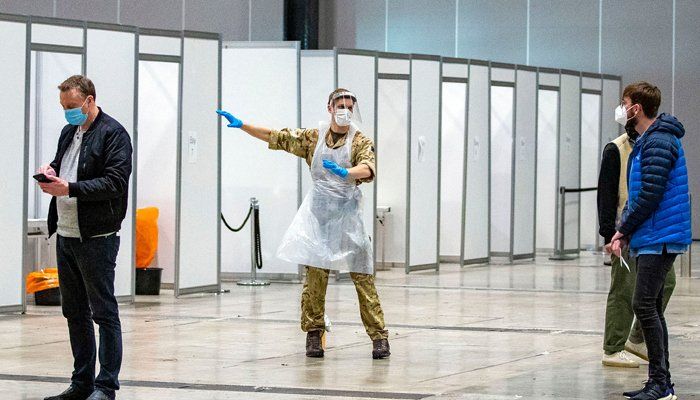
Upon entering my booth I was greeted by an energetic Army officer in PPE through a small hatch who told me the procedure for obtaining the sample. FYI - the rapid test still requires the long swab to touch both tonsils and nose.
He also explained how the rapid testing machine works and that a result normally takes about 15 minutes to come through at his end. The result is then uploaded onto the NHS system and once processed you receive a positive or negative text and email. I had my negative text result 45 minutes after leaving the venue.
Our teams have gotten to know the army officers well over these last few days, so we know that each day every member of their team undertakes a rapid test to see if they have caught the virus overnight.
- THOUGHTS
The process of obtaining a test is very straightforward, but there are some questions that will need to be answered before incorporating into live events:
- Although the testing is certainly rapid, delegates will still have to wait for a small period of time for their result. At a live event where do you hover? Even if you have dedicated seating areas at venues, it isn't long before huge spaces are taken up for minimal attendance.
- A set-up space of 2,700sqm is quite a big area to segment from a floor plan, then you have to factor in the booth set-up, PPE provision and staffing costs.
- Who would administer the test (First Aid, Security, PHE, NHS etc.). How will they be trained, and ultimately, will that be covered by your insurance?
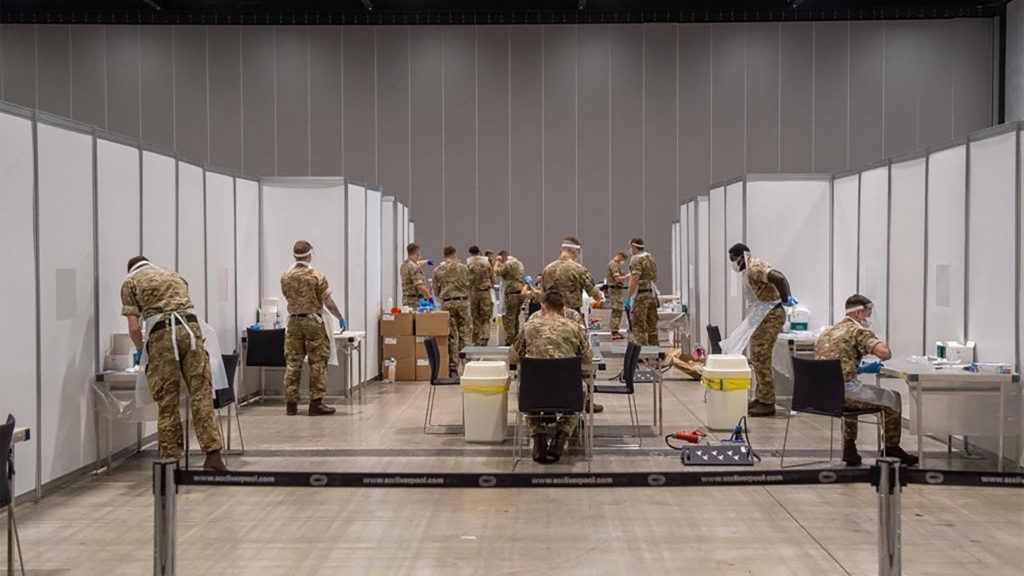
However, we aren't calling this a ‘pilot' for nothing. This is a new process, and one that could offer a lifeline to our industry:
- With increasing procurement by government of rapid tests, we need to begin discussions with local and regional public health officials to obtain them for our industry.
- This could result in ‘pilot' events across the country using rapid testing, with lower attendance numbers at first, and then gradually increasing this.
- Attendees will have more regular access to testing and could be asked to produce their results before entry is gained into the venue.
- There is a potential for authorities to partner with ticketing companies to send test kits out in advance of arrival.
- The rapid test is new and will improve; faster result times will become available once science and technology progresses.
It's difficult to predict the future of this pandemic but, when we are finally allowed to open the doors again, I think rapid testing alongside a vaccine could prove a vital part of revitalising the exhibition industry come Spring.
Until then we are doing everything in our power to build and instil confidence in event organisers, suppliers and audiences to bring them back to the city for 2021.
Thanks for reading and stay safe.
Colm
#ProjectRecovery #WeMakeEvents #LetTheMusicPlay
.

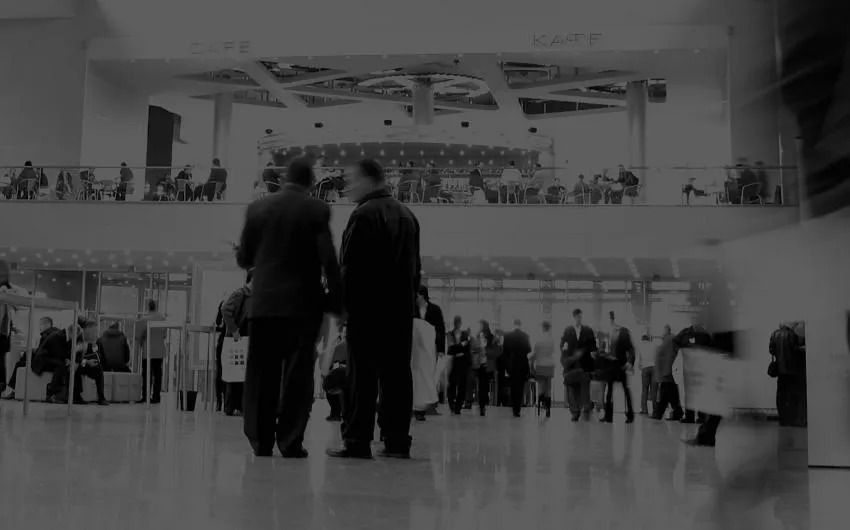
)
)
)
)
)
)
)
)
)
)
)
)
)
)
)
)
)
)
)
)
)
)
)
)
)
)
)
)
)
)
)
)
)
)
)
)
)
)
)
)
)
)
)
)
)
)
)
)
)
)
)
)
)
)